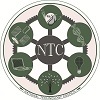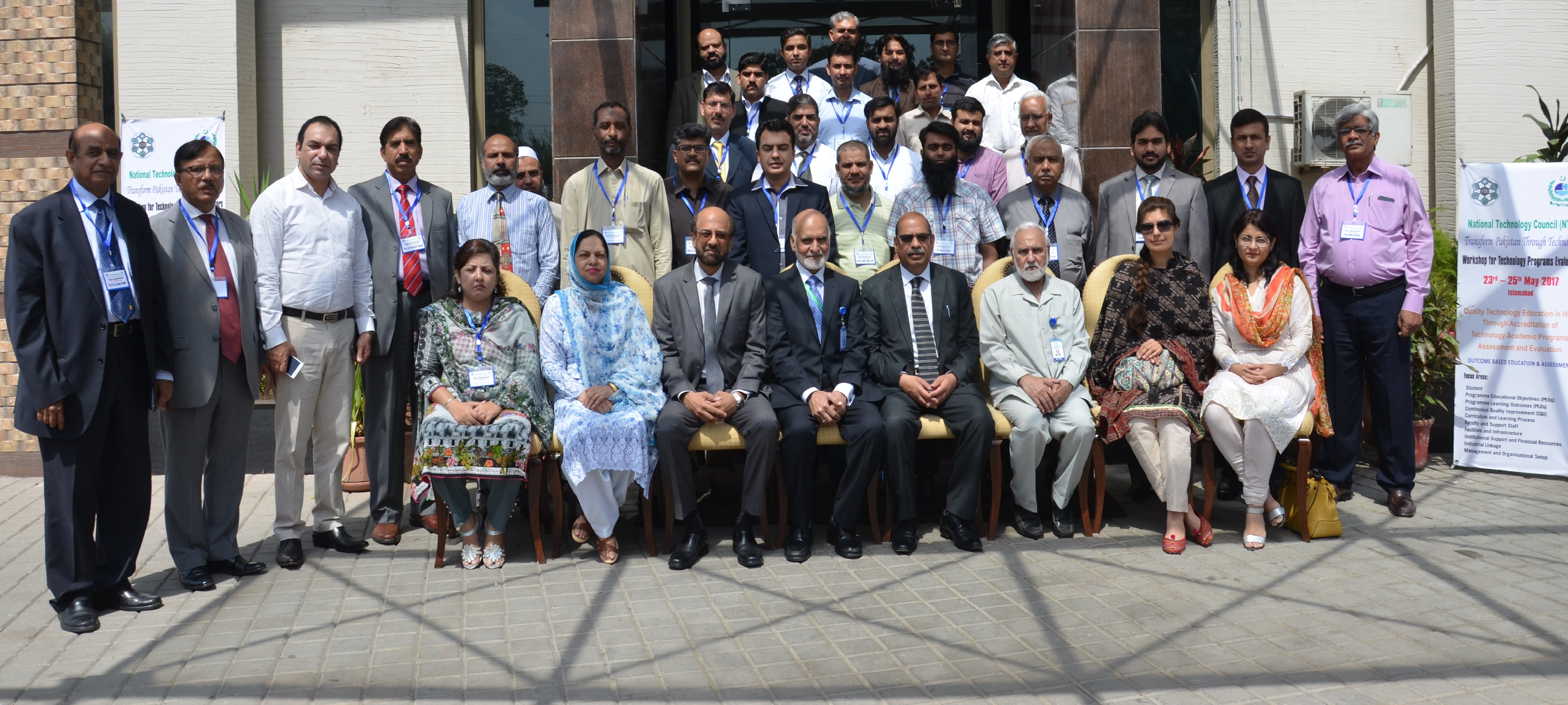

Transform Pakistan through technology by ensuring high quality teaching
and training, to develop Technologists for the benefit of society

National Technology Council (NTC) is a body delegated by Higher Education Commission (HEC) to regulate Technology related programs in Pakistan. NTC
will endeavor to ensure that technology graduates and professionals are equipped with the right knowledge and skills through maintaining standards of
professional ethics,ensuring national and international benchmarks are met and providing opportunities for Continuing Professional Development (CPD)

Accreditation ensures that quality Technology
education programs, comparable to international
standards, are run in all universities of the country.
Read More..
At National Technology Council (NTC), we are committed to transform the landscape of engineering technology education in Pakistan. Our mission is to empower engineering technologists with the knowledge, practical skills, recognition and global outlook required to thrive in an increasingly competitive and technology-driven world.
In response to the global shift towards applied and innovative technologies, NTC is focusing on a strategic realignment to ensure that engineering technologists are recognized as vital contributors to national and international development. We strongly advocate for equitable opportunities in employment professional recognition, and career advancement for our technologists, truly aligned with national and global standards.
To achieve these goals, NTC continues to collaborate closely with universities, industry stakeholders, and international partners. Together, we are reshaping curricula, enhancing quality assurance and promoting outcome-based education that meets the demands of the 21st century.
A major milestone in our journey is the pursuit of signatory status under the Sydney Accord; an internationally recognized framework for accrediting engineering technology programs. We are proud to share that a mentor assigned under the Accord has already visited NTC Pakistan and offered very encouraging feedback on our progress. While becoming a signatory is a rigorous and long-term process, it positions us to adopt best practices from leading member countries and uplift the stature of our programs and to technologists global benchmarks.
NTC envisions a sustainable future where technology education drives innovations, strengthens our economy, and positions Pakistan as a forward-looking nation. We remain committed to this transformative mission with integrity, inclusivity and international engagement at its core.
Let us move forward together to inspire innovation, enable excellence, and empower technologists to lead Pakistan into a dynamic technological era.

Chairperson and Secretary NTC’s interview to WTM PTV World

To Accredit Higher Education Institutions Programs for graduate technologists; stimulate quality, innovation in teaching and training, self-evaluation & accountability in Higher Education. Help Higher Education Institutions (HEI’s) to realize their academic objectives to produce high quality professional technologists for the benefit of society.
Accreditation ensures that quality Technology education programs, comparable to international standards, are run in all universities of the country. The Accreditation process gives the Institute an opportunity to conduct in-depth analysis of its strengths and weaknesses in its internal and external environments. Besides, it protects and promotes the quality of Technology programs and the interest of all stakeholders.
